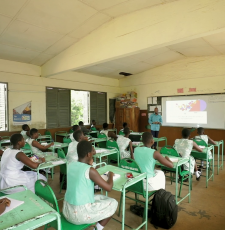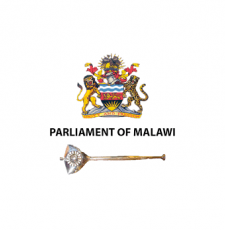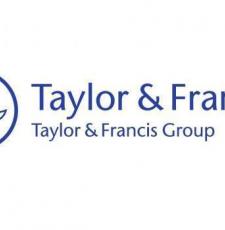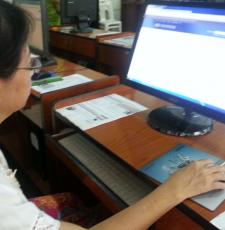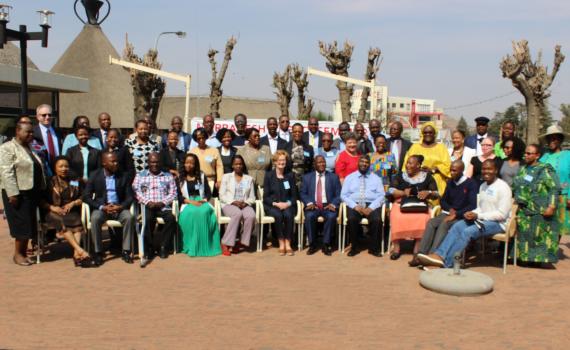
On 12-13 September 2017, over 50 participants from eight countries met in Lesotho, the high-altitude kingdom in southern Africa, to advance adoption of the Marrakesh Treaty for persons with print disabilities.
The seminar, titled ‘Ending the book famine in Africa: libraries and the promise of the Marrakesh Treaty’, was organized by EIFL in cooperation with the Lesotho Library Consortium (LELICO) and the Lesotho Registrar General's Office.
Ministers and Members of Parliament in Lesotho, inter-governmental organizations, copyright experts, teachers, librarians, and representatives of people living with disability deliberated on plans for ratification of the Marrakesh Treaty in Lesotho, and shared best practices in Africa for implementing the Treaty into national copyright law.
At the end of the seminar, two outcomes were achieved: a national action plan for implementation of the Marrakesh Treaty in Lesotho was developed, and strategies for domestication in other countries in Africa were advanced.
The Marrakesh Treaty, adopted by member states of the World Intellectual Property Organization (WIPO) in 2013, creates an international legal framework that allows organizations, like libraries, to make accessible format copies (for example, braille, large-print and audio) of printed works, and to share these copies across national borders.
Towards a national action plan in Lesotho
Opening remarks from the Lesotho National Commission for UNESCO (the United Nations Educational, Scientific and Cultural Organization) on UNESCO’s strong role in creating inclusive knowledge societies and empowering local communities set the context for the seminar.
Then Jace Nair, Chairperson of the Africa Marrakesh Treaty Committee and CEO of Blind South Africa, kicked the day off by issuing a challenge to policy-makers and politicians to join the Treaty, “Now is the time! The key is in your hands!”
Mabataung Khetsi, President of the Lesotho National League of the Visually Impaired Persons, spoke eloquently on what Lesotho’s accession to the Marrakesh Treaty would mean to Lesotho’s blind and visually impaired community.
The presence of Ministers from four key ministries, plus eight Members of Parliament, demonstrated remarkable political commitment and cross-party support for the Marrakesh Treaty in Lesotho.
Honourable Lebohang Hlaele, Minister of Law and Constitutional Affairs (home to the Registrar General’s Office), Honourable Mokhele Moletsane, Minister of Education and Training and Honourable ‘Matebatso Doti, Minister of Social Development, who also represented the Minister of Tourism, Environment and Culture (libraries come under this Ministry) publicly pledged support for adoption of the Marrakesh Treaty in Lesotho after listening carefully to the presentations and actively contributing to discussions.
On day two of the seminar, in a session chaired by the Registrar General, a national action plan for implementation of the Treaty in Lesotho was developed.
The draft plan focuses on five key areas: policy and legal framework; institutional framework; capacity building and awareness creation; building evidence-based information concerning people with disabilities; building partnerships and synergies.
With a timeline of 2017-2018, it is a concrete basis for moving forward with implementation of the Marrakesh Treaty in Lesotho.
National strategies for domestication in the region
 Everyone was keen to learn about best practices for domestication and progress around the world.
Everyone was keen to learn about best practices for domestication and progress around the world.
The representative of the African Regional Intellectual Property Organization (ARIPO) described practical measures for successful implementation strategies that include building political support, developing a national action plan, mobilizing resources, and organizing a national campaign to provide accessible reading devices to blind and visually impaired people.
Copyright officials from Botswana and Kenya, where the Treaty is currently being domesticated, provided helpful advice based on their experience. Strategies included the importance of wide stakeholder engagement, framing the Treaty in national policy, using census data to gather statistics, for example, on the numbers and geographic spread of beneficiaries, having a national coordinating agency and an implementation framework.
The overall message for national implementation: keep it simple, it’s not complicated!
Progress in other countries
Participants were delighted to learn the good news that arrived during the seminar that the European Parliament had approved the Marrakesh legislative package, bringing ratification one step closer in the EU. They also learnt about positive developments in South Africa where the copyright law is currently being amended to comply with the Treaty, prior to its ratification.
Awa Cissé Diouf, librarian at Université Cheikh Anta Diop de Dakar (UCAD) and EIFL Copyright Coordinator, provided inspiration on how libraries are lead advocates for ratification of the Treaty in Sénégal.
EIFL thanks the organizing partners and guest speakers who all helped to make the seminar a success. EIFL was delighted to play its role in the process and will continue to support ratification of the Marrakesh Treaty in Africa.
FIND OUT MORE
The seminar programme presentations are available to download here.
See how Lesotho TV (LTV) featured the event on 13th September 2017 in 'Thahameso', a morning news and current affairs programme, with two reports: a news item (2.09 minutes) in Sesotho, including an interview with EIFL Copyright and Libraries Programme Manager Teresa Hackett, in English), and a studio interview with Mampoi Taoana, Crown Attorney, Lesotho Registrar-General's Office and Matseliso Moshoeshoe-Chadzingwa, EIFL Lesotho Country Coordinator (also in Sesotho).
The seminar was co-funded by the (unesco.org/new/en/member-states/mscontent/participation-programme/) UNESCO Participation Programme.
Read more about how EIFL is supporting adoption of the Marrakesh Treaty in Lesotho.
Read about EIFL’s work advocating for the Marrakesh Treaty.
SHARE / PRINT






